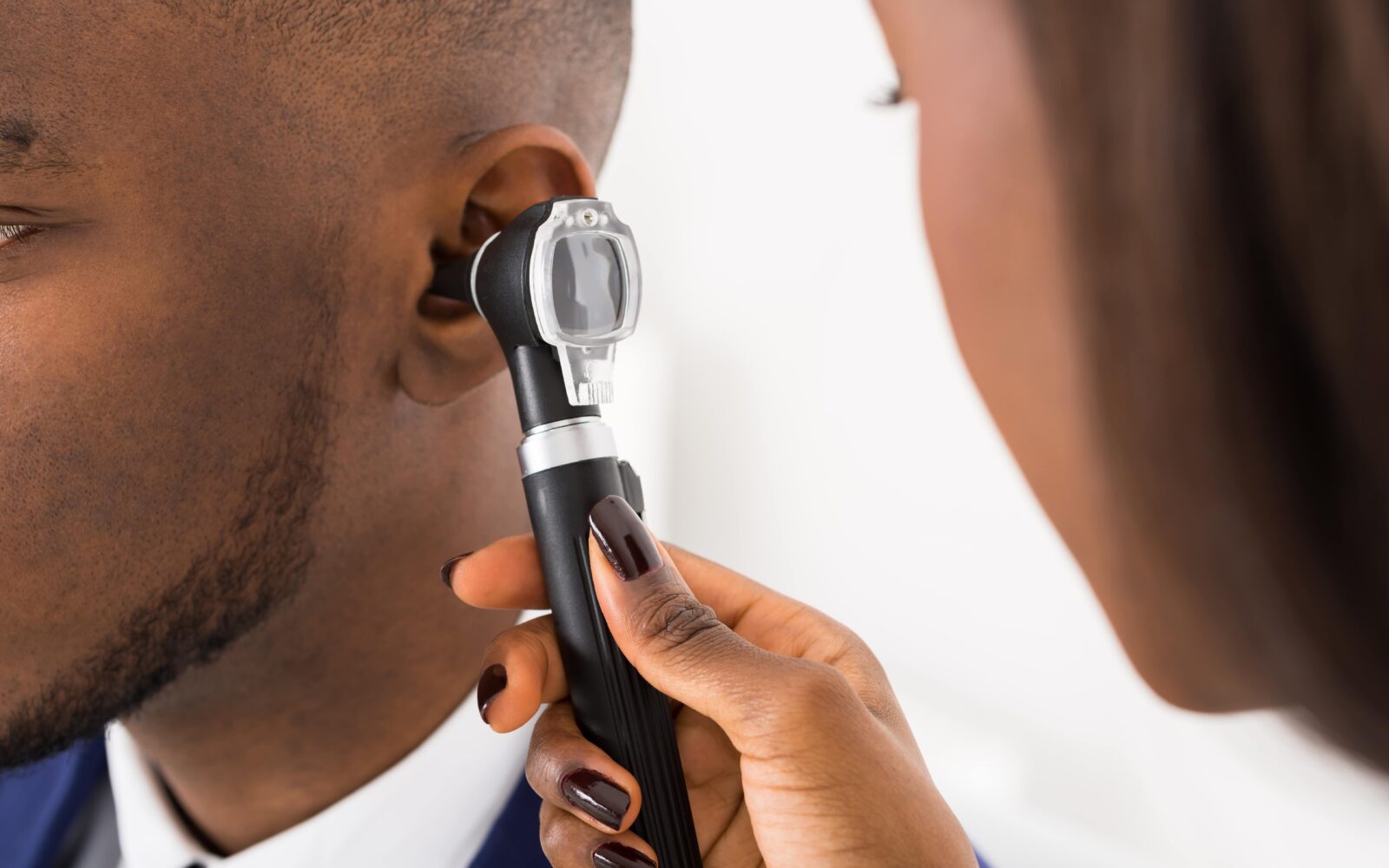When Should I Update My Hearing Aids?
If you’ve been wearing hearing aids for a while, you’re

By: nick | September 19, 2023
Hearing is a precious sense that enriches our lives, allowing us to connect with others and experience the world in all its auditory splendor. As an audiologist, my mission is to safeguard this invaluable gift of hearing. In recent years, advancements in hearing loss prevention, diagnosis, and management have been both promising and inspiring. But none of these advancements can replace the crucial role that nutrients play in supporting hearing health.
Hearing health is often associated with lifestyle choices and exposure to loud noises, but the role of nutrients in maintaining auditory function is frequently overlooked. Emerging research has unveiled the importance of certain nutrients in promoting and preserving hearing health. Here are some of the key players:
Omega-3 fatty acids, found in fatty fish like salmon, mackerel, and flaxseeds, have gained recognition for their anti-inflammatory properties. Studies have shown that these healthy fats can reduce the risk of age-related hearing loss by improving blood flow to the inner ear and protecting delicate hair cells from damage.
Vitamins C and E, as well as beta-carotene, are powerful antioxidants that combat oxidative stress in the auditory system. Oxidative stress is a leading factor in age-related hearing loss. By incorporating fruits, vegetables, nuts, and seeds into your diet, you can help shield your ears from harm.
Magnesium plays a pivotal role in maintaining proper cochlear function. Research suggests that magnesium supplementation may help reduce the risk of noise-induced hearing loss, making it an essential mineral for individuals exposed to loud environments.
Zinc is vital for the proper functioning of the auditory system, particularly in the inner ear. It helps regulate neurotransmission and maintains the integrity of sensory cells. Oysters, beans, and nuts are rich sources of zinc.
Folate, also known as vitamin B9, is essential for DNA repair and the formation of new cells. Inadequate folate levels have been linked to an increased risk of age-related hearing loss.
While proper nutrition can go a long way in supporting hearing health, early detection remains the cornerstone of hearing loss prevention and management. Regular hearing check-ups are imperative, especially for individuals with risk factors such as exposure to loud noise, a family history of hearing loss, or certain medical conditions.
The advent of advanced hearing screening techniques has revolutionized early detection. Audiologists now have access to cutting-edge tools that can identify hearing issues even before they become noticeable to the individual. Otoacoustic emissions (OAE) testing, for example, measures the sounds emitted by the inner ear in response to external stimuli. This non-invasive test can detect hearing loss in its earliest stages, allowing for timely intervention.
As we look to the future, exciting developments in hearing health are on the horizon. Researchers are exploring innovative interventions that may offer hope to those with hearing impairments. Here are a few potential breakthroughs:
Gene therapy holds the promise of repairing or replacing damaged genes responsible for hereditary hearing loss. Although still in experimental stages, this technology could potentially restore hearing in individuals with genetic hearing disorders.
Scientists are working on techniques to regenerate damaged hair cells in the inner ear. This could revolutionize the treatment of sensorineural hearing loss, which is often irreversible. Stem cell therapy and gene editing are among the avenues being explored in this field.
BCIs have the potential to bypass damaged parts of the auditory system and directly transmit sound signals to the brain. While this technology is in its infancy, it offers hope for individuals with severe hearing loss.
Hearing health is a treasure we should all cherish and protect. Nutrients like omega-3 fatty acids, antioxidants, magnesium, zinc, and folate play a pivotal role in preserving auditory function and preventing hearing loss. As hearing professionals, our duty is to emphasize the importance of a balanced diet rich in these nutrients, coupled with regular hearing check-ups.
In our quest to advance hearing health, we must also keep an eye on futuristic interventions. Gene therapy, inner ear regeneration, and brain-computer interfaces hold the promise of transformative breakthroughs. However, early detection remains the linchpin in the battle against hearing loss. By staying informed, seeking regular screenings, and adopting a nutrient-rich diet, we can take proactive steps to protect our hearing and enjoy a lifetime of sounds that enrich our lives.

If you’ve been wearing hearing aids for a while, you’re
By: admin | May 5, 2022

According to a World Health Organization estimate, about 466 million
By: admin | May 5, 2022

The following scenario will be familiar to anyone who suffers from hearing
By: admin | March 22, 2022
